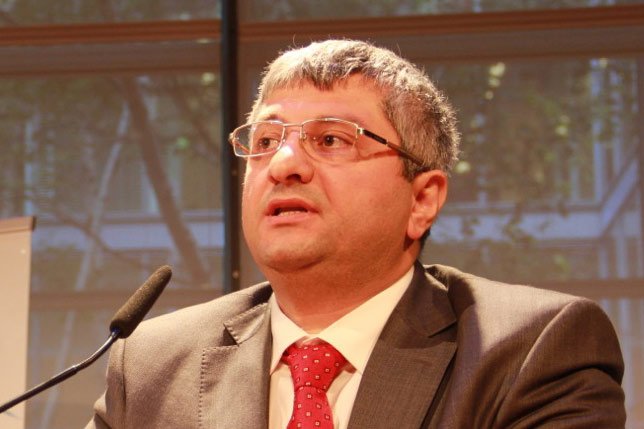Erdoğan’s game plan for Hizmet

Date posted: April 18, 2014
İHSAN YILMAZ
Last week, I was in Australia to participate in the launch of our recently published book “The Muslim World and Politics in Transition: Creative Contributions of the Gülen Movement,” that I edited with Greg Barton and Paul Weller. I also presented papers at a number of conferences, gave opening speeches at two meetings and gave seminars to the Australian-Turkish diaspora communities in Sydney, Australia. As far as Turkey’s democracy is concerned, the picture is gloomy from the perspective of the people that I spoke to. We, who live in Turkey, because we are addicted to or accustomed to the crises, perhaps do not recognize the seriousness of the situation. People abroad are very concerned about what is going on in Turkey and they emphasize that since authoritarianism is evolving very gradually, similar to the 1930s in Italy and Germany, people in Turkey may not realize where the process is headed.
What I tried to tell them is mainly two-fold. First, Turkey had the first democratically elected parliament in the Muslim world in 1876, and one-third of the deputies were non-Muslims. Having experienced the benefits of democracy for so long, the Turkish people, at least many millions of them, will not succumb to one-man rule for long. I gave them the Gezi protests as an example. Prime Minister Recep Tayyip Erdoğan could not create a one-man autocracy easily in Turkey and if he discards democracy, he will be the first to suffer the consequences. At least 55 percent of the people simply hate him because of his polarization tactics and constant hate speech and he cannot fully control the state, which has thousands of bureaucrats who appreciate the rule of law and democracy. They do not want to be part of Erdoğan’s crimes and they do not have any intention of turning a blind eye to them. Second, Turkey is not a petro-state, and thus, it needs foreign direct investment and cash flow from abroad for the economy to run smoothly and create jobs for the hundreds of thousands of young people who enter the job market every year. Turkey will not be able to attract foreign investors if it becomes authoritarian and does not respect the rule of law. Thus, Erdoğan is in a dead-end situation if he continues his authoritarianism. There is a point where the final straw will prompt people to say enough is enough. If, as we saw with Gezi Park, peaceful protests of dissent begin and Erdoğan cannot run the country smoothly and resorts to the use of police violence, it will certainly backfire.
On the other hand, if he agrees to revert back to democracy and the rule of law, people around him will have to deal with the corruption investigations. This is not something he wants, for the simple reason that the evidence against his people seems to be very strong. We will have to wait and see how he will surf the potentially deadly waves. But one thing is certain, he has not been able to convince 57 percent of the voters and it is probable that his 43 percent will decrease, not increase. There are several reasons, such as the fact that he will not be able to provide more economic wonders, people are getting fed up with polarization, more and more people are becoming concerned about authoritarianism and some of his voters are becoming uncomfortable with his attacks on the Hizmet volunteers, schools and charities. Yet, as I said, he does not have a real, workable choice, so thinking that his anti-Hizmet rhetoric worked for the local elections, he may continue to demonize and even to try to criminalize the Hizmet movement in an effort to brainwash his people into believing that he is the only one who can save the nation. We will see if this brings him the additional votes he needs to be elected president. Only time will tell.
Source: Todays Zaman , April 18, 2014
Tags: Defamation of Hizmet | Turkey |
























